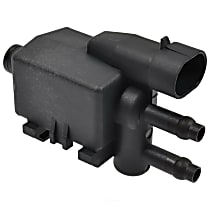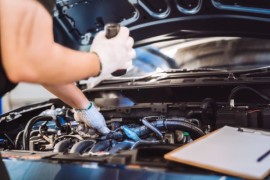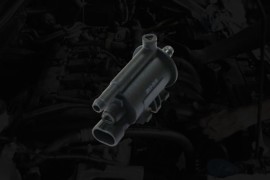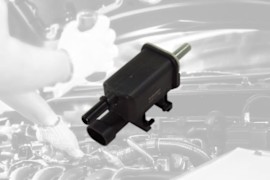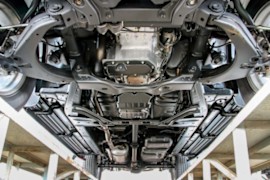{
"lazyNodes": false,
"abFitnotesFlag": false,
"abCrawlReviews": false,
"productOptionsCookie": false,
"orderDelayFlag": false,
"skipSessionCookie": false,
"covidMessage": false,
"fullTitleCookie": false,
"nrLoggerCookie": false,
"checkoutReviewCookie": false,
"productOptionSeqCookie": false,
"maintenanceFlag": false,
"bufferETACookie": false,
"multiShippingDiscountFlag": false,
"newFitmentFlag": false,
"surveyOptInFlag": false,
"crossSellFlag": false,
"skuMappingFlag": false,
"paySplitCookie": false,
"callDisableFlag": false,
"zipPaymentFlag": "u",
"hassleFreeReturn": false,
"lifetimeReplacement": false,
"cpn_off": false
}Need Help? Call Us1-866-529-0412
1993 GMC C2500
1993 GMC C2500 Vapor Canister Purge Solenoids
Refine by:
Shop Catalog
Showing 1 - 1 of 1 results
Sort by:
Part Number: SICP208T
Guaranteed to Fit
$23.99
Vehicle Fitment
- 1993 GMC C2500 All Submodels All Engines
Product Details
Warranty : 3-year or 36,000-mile Standard limited warrantyQuantity Sold : Sold individuallyProp 65 Warning :
![]() WARNING: This product can expose you to chemical which is known to the State of California to cause cancer and birth defects or other reproductive harm. For more information go to www.P65Warnings.ca.gov.
WARNING: This product can expose you to chemical which is known to the State of California to cause cancer and birth defects or other reproductive harm. For more information go to www.P65Warnings.ca.gov.
Page 1 of 1 | Showing 1 - 1 of 1 results
Top Rated Products
Popular Products

StandardVapor Canister Purge Solenoid - Direct Fit, Sold individuallyManufacturer #CP208T
( Reviews) Questions, Answers
STANDARD VAPOR CANISTER PURGE SOLENOID
Revamp your ride with the advanced design, OEM-grade quality assurance and standard-setting performance offered by Standard’s Vapor Canister Purge Solenoid. Since 1919, Standard Motor Products has engineered a f...
Product Questions & Answers
Q:How do a person know what line is the canister line and which one is the vacuum line? Show Less
Chuck S.
A:BEST ANSWERHi Chuck, thank you for reaching out. We recommend you refer to a vehicle-specific repair manual for the guide. You can also reach out to your local dealership for information. Hopefully, they can help. Should you need this item, you can use this link to order the part and take advantage of our low price for this item: https://www.carparts.com/vapor-canister-purge-solenoid/standard/sicp208t?can=CPAP3648_CSQA_20230621
I hope this helps. Enjoy shopping. Show less
Aldrin P.
1 Question, 1 AnswerView all Q&As >
Helpful Automotive Resources
P0466 Code: EVAP Purge Flow Sensor Circuit Range / PerformanceNote: The definition of code P0466 might differ according to the vehicle manufacturer. Check the appropriate repair manual or repair database for the exact code definition.
The EVAP system prevents fuel vapors from entering the atmosphere by trapping the vapors in a vapor canister, then “purging” the vapors into the engine
P0458 Code: Evaporative Emission System Purge Control Valve Circuit LowThe purge valve sits on the line between the EVAP canister and intake manifold and only opens when the engine is running under certain operating conditions. This then creates a vacuum in the EVAP system.
P0465 Code: EVAP Purge Flow Sensor CircuitAlthough EVAP systems in general date back to the 1970s, the modern enhanced systems appeared in 1994, then became ubiquitous on passenger cars and light trucks. By 1997, enhanced EVAP systems became almost standard EVAP. This was part of the OBD2 protocol, but even after OBD2, there were both enhanced
Canister Purge Valve Solenoid: Symptoms, Replacement CostWhen the engine is off, fuel vapors from the gas tank are stored in the canister. The canister contains activated charcoal, which traps the vapors until the engine is running and conditions are correct for a vapor purge.
P0499 Code: Evaporative Emission System Vent Valve Control Circuit HighThe EVAP system consists of hoses, valves, and a charcoal canister. To prevent vapors from being released into the atmosphere, they are routed into the charcoal canister, then into the intake airflow where they are burned in the engine.
